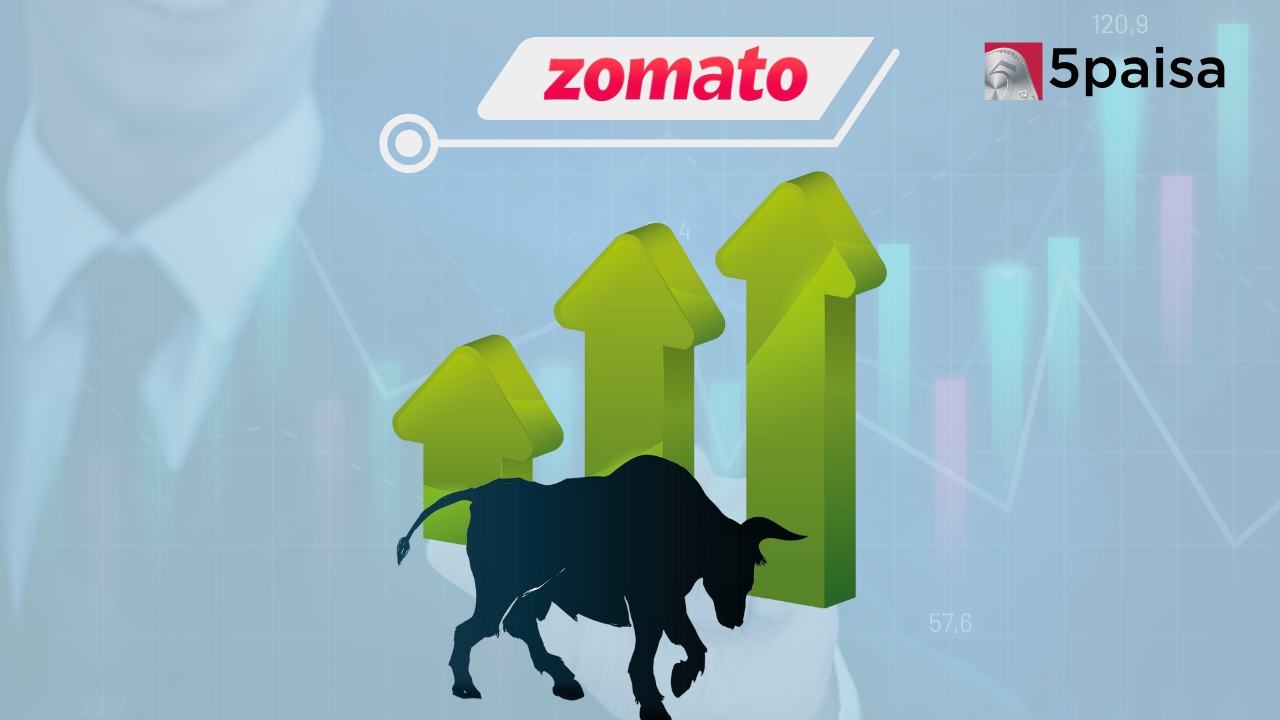Cochin Shipyard Surges 5% on ₹450 Cr Tug Deal with Adani Ports
Sensex Drops 1,200 Points as Global Markets React to Fed Outlook

Last Updated: 19th December 2024 - 05:43 pm
The Indian stock market faced a steep decline on Thursday, December 19, with the Sensex tumbling nearly 1,200 points and the Nifty slipping below the 24,000 mark. The downturn came after the US Federal Reserve indicated a slower pace of interest rate cuts in the near future, triggering concerns among investors globally.
At the opening bell, the Sensex stood at 79,029.03, sharply lower than its previous close of 80,182.20. It plunged further to 79,020.08, marking a significant drop of 1,162 points. Similarly, the Nifty 50 fell from 24,198.85 to 23,870.30, shedding 329 points. This decline erased nearly ₹6 lakh crore from the overall market capitalization of BSE-listed companies, which now stands at ₹446.5 lakh crore.
Why is the Indian stock market falling today?
The sharp fall in the Indian market can be attributed to several interconnected factors. First, the US Federal Reserve’s recent decision to cut interest rates by 25 basis points met expectations, but its guidance for future rate cuts disappointed investors. The Fed now foresees only two more rate cuts of a quarter percentage point each by the end of 2025, reflecting ongoing concerns about persistent inflation. This announcement led to sharp declines in US markets, which rippled across major Asian markets, including India.
Another important driver of the downturn is the continued flight of foreign capital. FIIs sold almost ₹8,000 crore of Indian shares in just three sessions. The combination of a stronger US dollar, higher bond yields, and the Fed's less accommodative posture has made Indian shares less appealing to global investors.
The Indian rupee fell to an all-time low of 85.06 per dollar, worsening the situation. A weakening rupee deters international investors by reducing profits when capital gains are converted back into their home currencies. It also contributes to inflation by increasing the cost of imported goods and raw resources. Higher inflation could lead to tighter monetary policy, further hurting market sentiment.
The broader Asian markets also reflected this global turmoil. The Nikkei 225 in Japan fell around 0.92%, while South Korea’s Kospi dropped approximately 1.87%. The Asia Dow was down 0.95%, and the Chinese Shanghai Composite index remained flat.
Global indices showed a similar trend. The Dow Jones Industrial Average in the US experienced its steepest drop since 1974, losing 1,123 points or 2.58%. The S&P 500 and Nasdaq declined by 2.95% and 3.56%, respectively.
In Conclusion
Today’s market crash underscores the interconnected nature of global markets. The US Federal Reserve’s cautious stance on future rate cuts has led to a chain reaction affecting markets worldwide. For Indian investors, the challenges of foreign capital outflows, a weakening rupee, and global uncertainty continue to weigh heavily. While domestic institutional investors are helping cushion the fall, a cautious approach remains prudent as markets navigate through these volatile times.
- Flat ₹20 Brokerage
- Next-gen Trading
- Advance Charting
- Actionable Ideas
Trending on 5paisa
Indian Market Related Articles
Disclaimer: Investment in securities market are subject to market risks, read all the related documents carefully before investing. For detailed disclaimer please Click here.
 5paisa Research Team
5paisa Research Team




